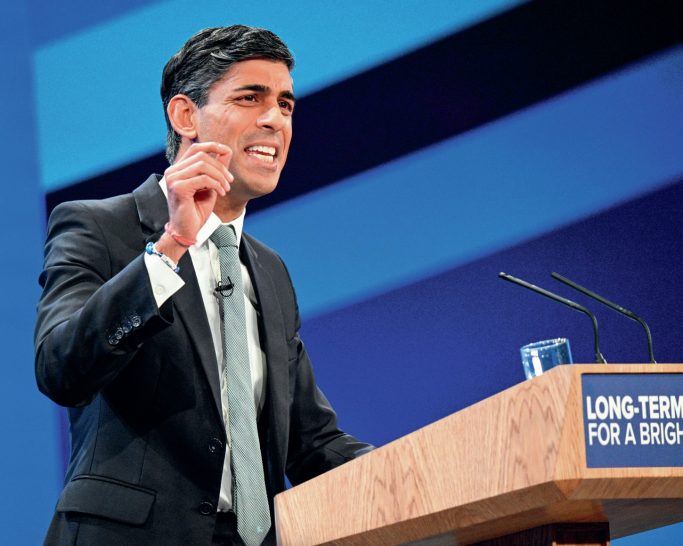
As 2011 began, attention was focused on the new Republican majority in the House of Representatives. What strategy, it was asked, would the incoming speaker, John Boehner, adopt? Would there be an all-out confrontation with the White House as the Republicans sought to repeal healthcare reform? How could a budget be agreed? Would there be a period of gridlock as the administration and the Senate (which retained its Democratic majority) and the House of Representatives engaged in lengthy face-offs?
There were early signs that some compromises might be reached. In early December, as the ‘lame duck’ Congress (existing members of Congress continue in office until the beginning of the following year at which point those elected in November take their seats) continued to sit, President Obama announced that despite his earlier commitments, he would accept a 2-year extension of the ‘Bush tax cuts’. These 2001 and 2003 measures had reduced tax rates for the highest earners as well as those on low and middle incomes. For their part, the Republicans accepted the extension of federal unemployment benefits (necessitated by the continuing downturn) and a range of tax credits.
Your organisation does not have access to this article.
Sign up today to give your students the edge they need to achieve their best grades with subject expertise
Subscribe




